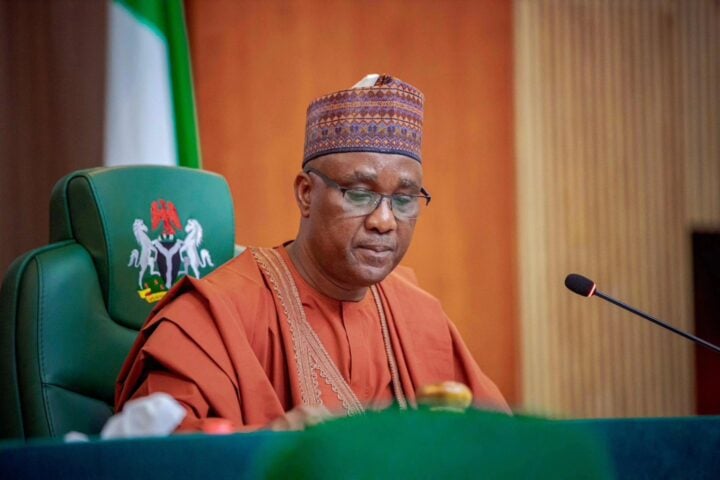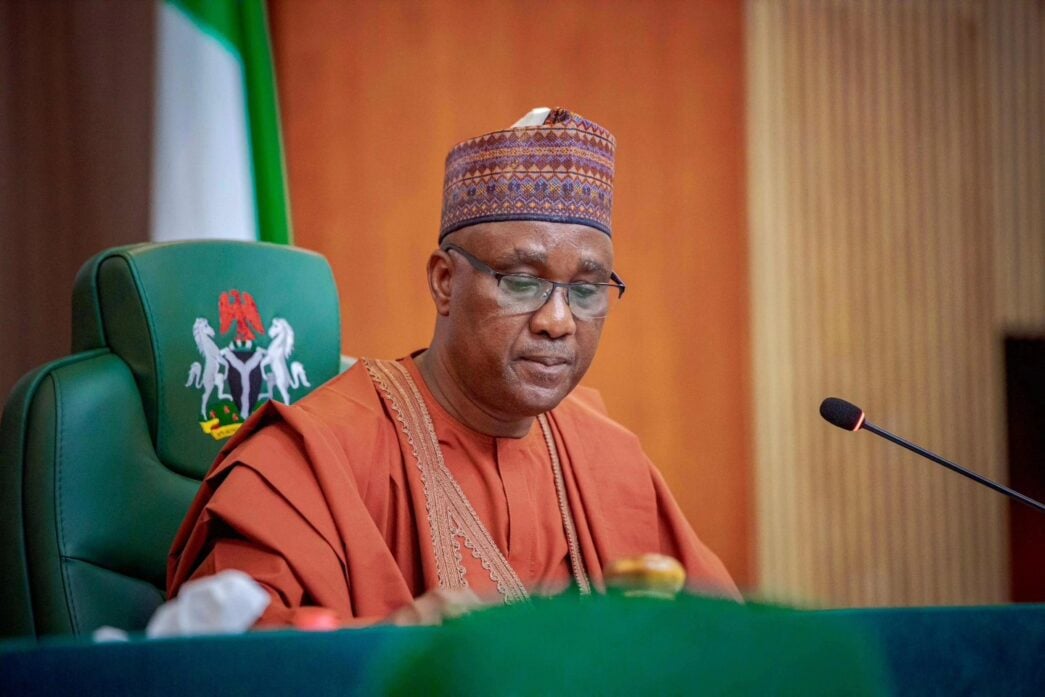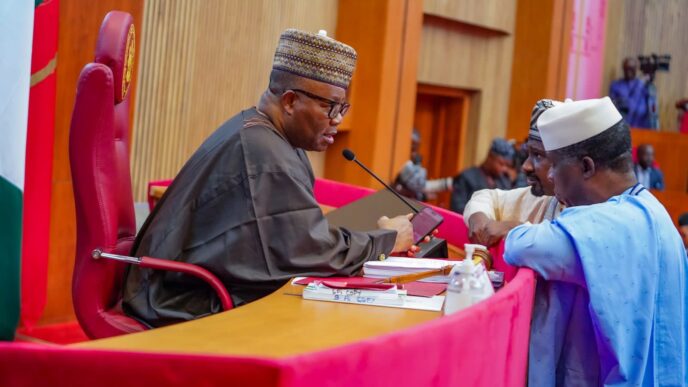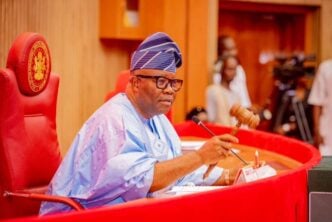Tajudeen Abbas, speaker of the house of representatives
Abbas Tajudeen, speaker of the house of representatives, says the parliament is working to provide legal backing for the federal government’s renewable energy policy.
Abbas spoke in Lagos on Monday at the first legislative conference and expo on renewable energy in Nigeria organised by the house committee on renewable energy and the United Nations Development Programme (UNDP).
The speaker said there is a compelling need for Nigeria to adopt renewable energy to diversify its economy.
“The transition to renewable energy is not just an economic necessity; it holds substantial implications for national policy agendas,” Abbas said.
Advertisement
“Renewable energy has become central to initiatives aimed at fostering inclusive economic growth, climate adaptation, and industrial innovation.
“Countries that have embraced this change have decreased their vulnerability to global fuel price fluctuations, improved energy access, and positioned themselves as leaders in the low-carbon economy.
“In 2024, renewable energy additions reached 585 gigawatts, accounting for over 92 percent of new power generation capacity worldwide.
Advertisement
“The total installed capacity for renewable energy now exceeds 4448 gigawatts, marking a 15 percent year-on-year increase.
“This expansion, led by solar and wind technologies, underscores their cost-effectiveness and scalability. Financial flows toward clean energy reinforce this trend.
“In 2023, of the estimated global energy investment of 2.8 trillion dollars, 1.7 trillion was committed to renewable energy, energy efficiency, and electric mobility.
“This shift in capital allocation signifies a structural reorientation of the global energy economy, where more sustainable alternatives are increasingly displacing fossil fuels.
Advertisement
“For Nigeria, a country that relies heavily on fossil fuel exports for its earnings, this transition presents both challenges and opportunities.
“As the global market shifts toward cleaner energy, countries like Nigeria will have no choice but to diversify their economy to maintain their financial stability while seeking investments in renewable energy sources to align with global trends.”
Abbas cited examples of countries whose policies and legislation have driven investment in renewable energy.
He said Egypt’s renewable energy law, enacted in 2014, has spurred solar and wind power investments.
Advertisement
Abbas said the European Union’s renewable energy directive has established binding national targets and promoted harmonised planning.
He said legislation like the Renewable Energy Sources Act paved the way for decentralised energy generation and garnered widespread support in Germany.
Advertisement
“Specifically, strategic objective 8.5 of our agenda aims to promote the transition to renewable energy while enhancing clean energy production and access,” he said.
“To achieve this, we are enacting laws that encourage private investment in renewable energy, including offering tax incentives and targeted financing.
Advertisement
“Just a few weeks ago, the house of representatives passed new tax reform bills that eliminate VAT on renewable energy and compressed natural gas (CNG), among other measures.
“We are also working to provide legal backing for the government’s Renewable Energy and Energy Efficiency Policy adopted in 2015, which seeks to boost the use of renewable energy, improve energy efficiency, and significantly reduce greenhouse gas emissions.
Advertisement
“We acknowledge the urgent need to provide more access to clean cooking fuels, as this is crucial for public health and the environment.
“These initiatives are being developed in close collaboration with stakeholders, and the house committee on renewable energy is coordinating legislative priorities in this area.”
Also speaking, Elsie Attafuah, the UNDP resident representative, said energy is the foundation for Nigeria’s economic diversification.
Elsie said without it, neither industrial transformation nor acceleration is possible, adding that Nigeria possesses massive potential for energy transition and global power.













